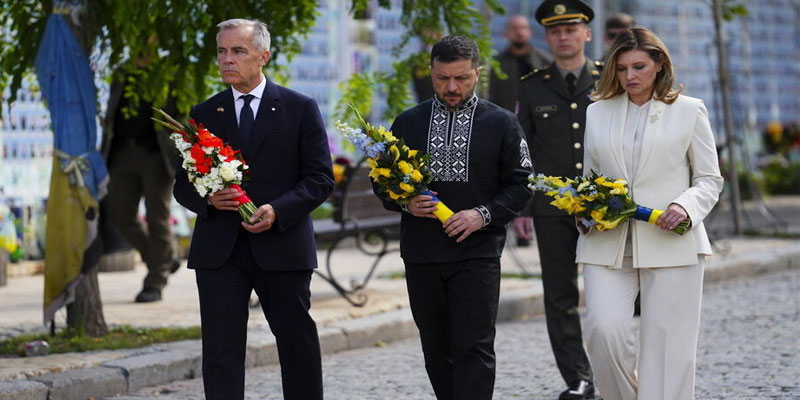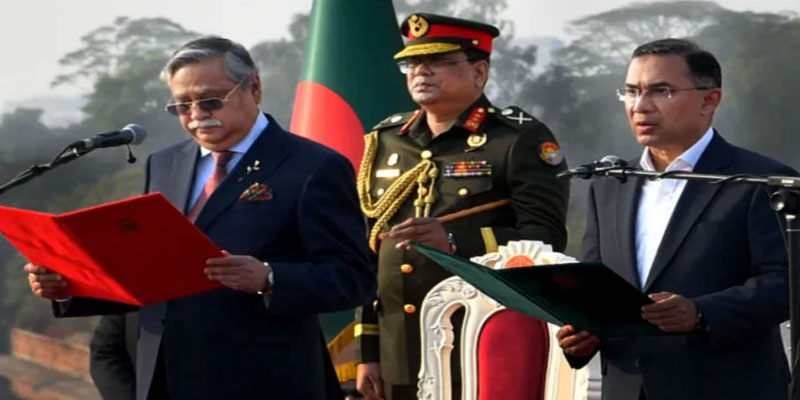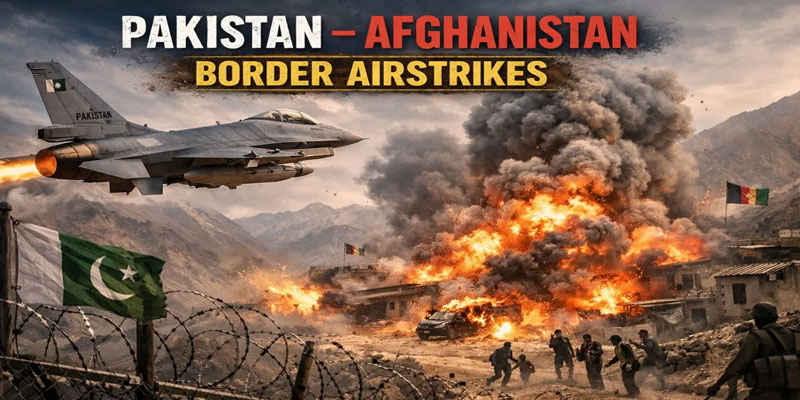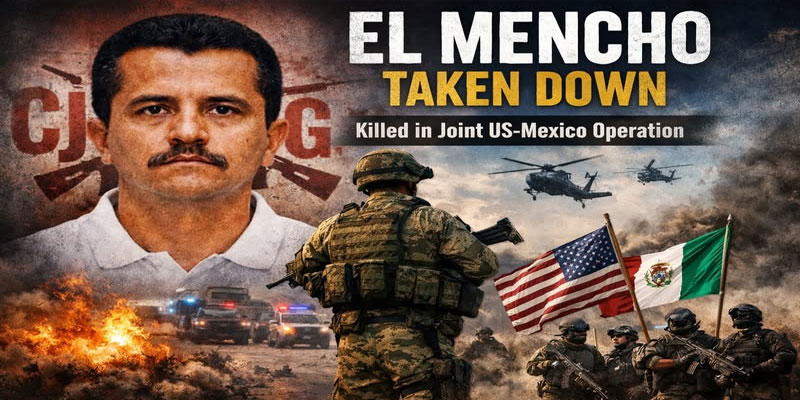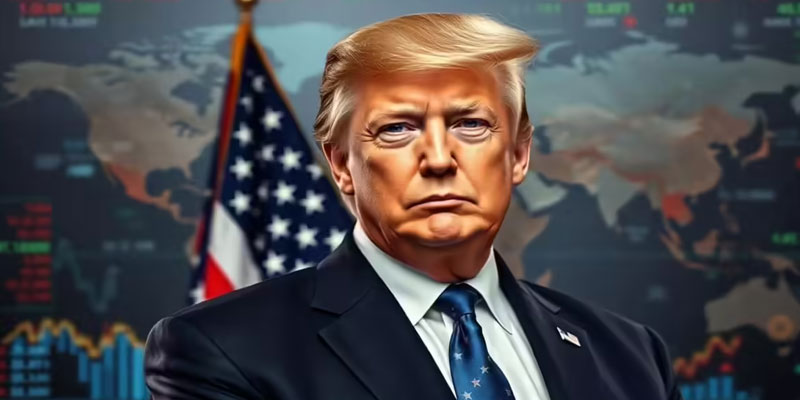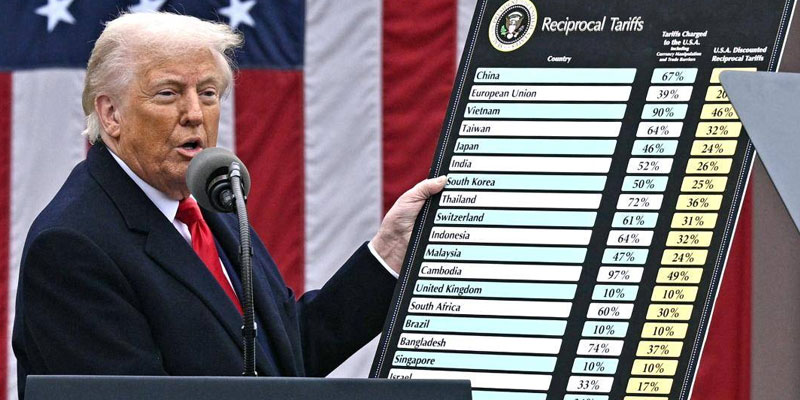Sikh Separatist Violence: A Growing National Security Challenge
Canada is increasingly confronting the uncomfortable truth that a small but radicalized segment of Sikh separatists is engaging in violent extremism — posing a direct threat to both domestic and international security. According to the 2024 Public Report by the Canadian Security Intelligence Service (CSIS), these individuals are exploiting Canadian soil to plan, fund, and promote violence abroad, particularly in India, in pursuit of a Khalistani state.
While the Khalistan movement has historical roots in peaceful advocacy, the rise of politically motivated violent extremism (PMVE) — particularly through foreign-linked actors — has triggered serious concerns in Ottawa. This shift has not only strained bilateral relations with India but now threatens to compromise Canada’s internal security apparatus as well.
CSIS Flags Canada-Based Khalistani Extremists as Key PMVE Threat
In its annual report released Wednesday, CSIS clearly identifies Canada-based Sikh separatists as a major source of politically motivated violent extremism, stating that their goal remains “the creation of an independent nation-state called Khalistan, largely within Punjab, India.”
This marks a significant change in tone from the 2023 CSIS report, which controversially omitted any direct reference to Sikh extremism despite mounting threats to Indian diplomats and facilities. The 2024 report distinguishes between peaceful advocacy and extremism but asserts that a “small group of individuals” continues to misuse Canadian freedoms to finance, plan, and promote violence — mostly directed at India.
The report also warns that even without any Canada-based Khalistani extremist (CBKE) attacks on Canadian soil in 2024, the activities of these actors abroad still “pose a national security threat to Canada and Canadian interests.”
Violent Incidents Fueling Global Alarm
The Khalistani extremist movement, although supported by only a minority of Sikhs, has shown a worrying pattern of violence in recent years. Among the most prominent examples:
· Hardeep Singh Nijjar’s killing in June 2023 outside a gurdwara in Surrey, British Columbia, escalated diplomatic tensions globally. Canada alleged Indian government involvement — an accusation India vehemently denied, citing a lack of credible evidence.
· Vandalism and attacks on Indian diplomatic missions, particularly in Toronto and Vancouver, have been linked to pro-Khalistan elements. Indian diplomats have also faced repeated threats, leading to the withdrawal of several from Canadian soil.
· A targeted bombing plot against Hindu temples in Ontario, reportedly foiled in early 2022, had connections to extremist Khalistani sympathizers, raising alarms about religiously motivated violence.
These incidents underline the complex web of ideological extremism, transnational violence, and foreign interference, with Canada unwillingly emerging as a staging ground.
India-Canada Diplomatic Fallout
The CSIS report follows closely on a diplomatic thaw between India and Canada. Just a day before its release, Indian Prime Minister Narendra Modi met Canadian Prime Minister Mark Carney on the sidelines of the G7 summit in Alberta, where both leaders agreed on the early return of High Commissioners and a resumption of law enforcement cooperation.
The bilateral relationship had hit a historic low after then-PM Justin Trudeau accused India of being behind Nijjar’s killing. India rejected the claims as “absurd,” especially since four Indian nationals charged in the case have not been linked to the Indian government, as per any official findings.
Adding fuel to the fire, the CSIS report also accuses India of being one of the top perpetrators of foreign espionage and interference in Canada — alongside China, Russia, and Iran. It alleges that India attempts to “influence Canadian communities and politicians” and portrays the Modi government’s Hindu-nationalist agenda as a threat to minority activism abroad.
A Tightrope Between Security and Sovereignty
The growing threat of Khalistani extremism presents Canada with a critical challenge: how to balance civil liberties with national security, while managing complex geopolitical alliances.
While non-violent support for Khalistan is protected under Canada’s democratic framework, violent extremism cannot be dismissed as fringe or inconsequential. As the CSIS report finally acknowledges, allowing extremist groups to operate under the guise of advocacy jeopardizes national security and strains international diplomacy.
The Canadian government must now take decisive steps — not only to protect its own sovereignty but also to maintain responsible global partnerships. Tolerating extremism, even passively, is no longer an option in the face of rising geopolitical instability and internal risk.
(With agency inputs)




